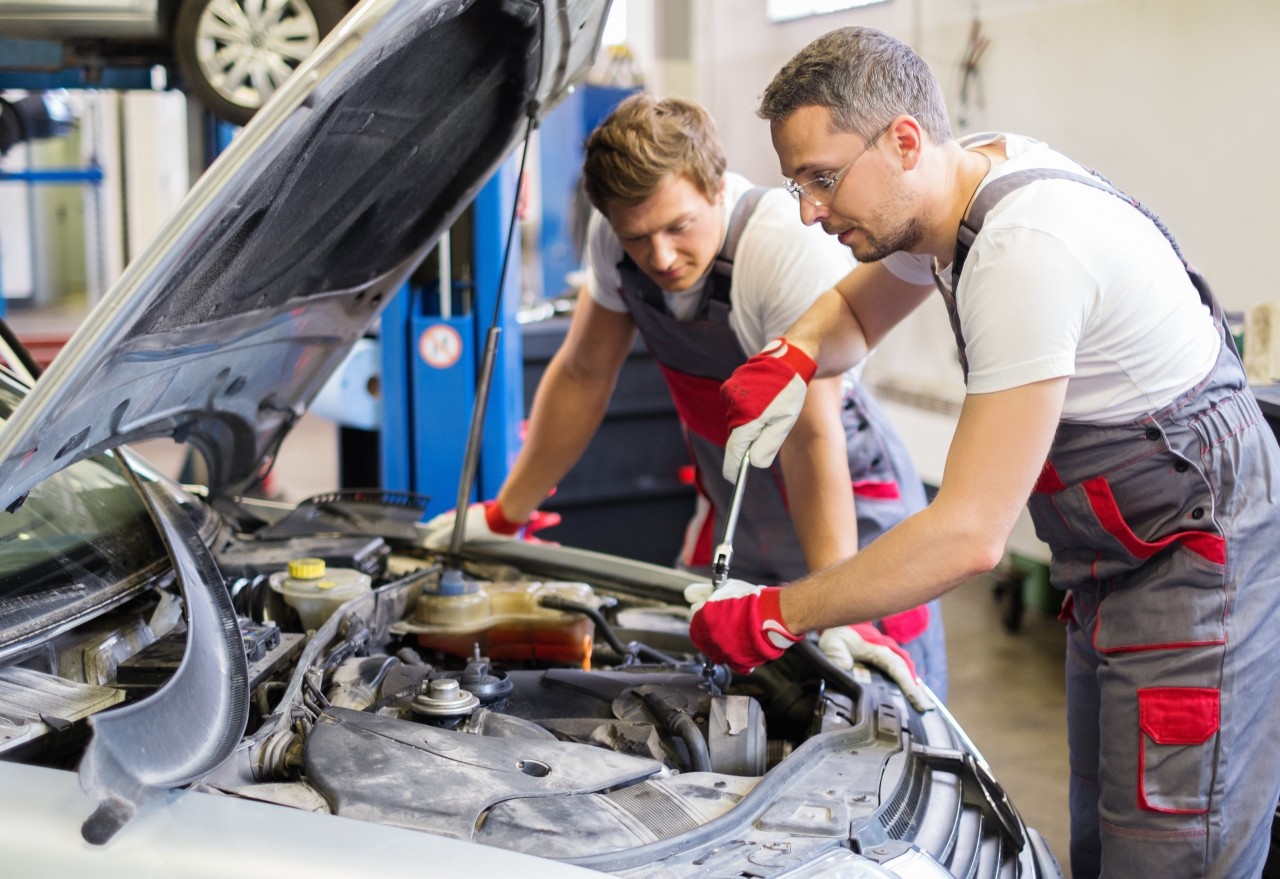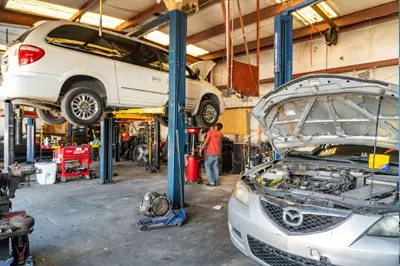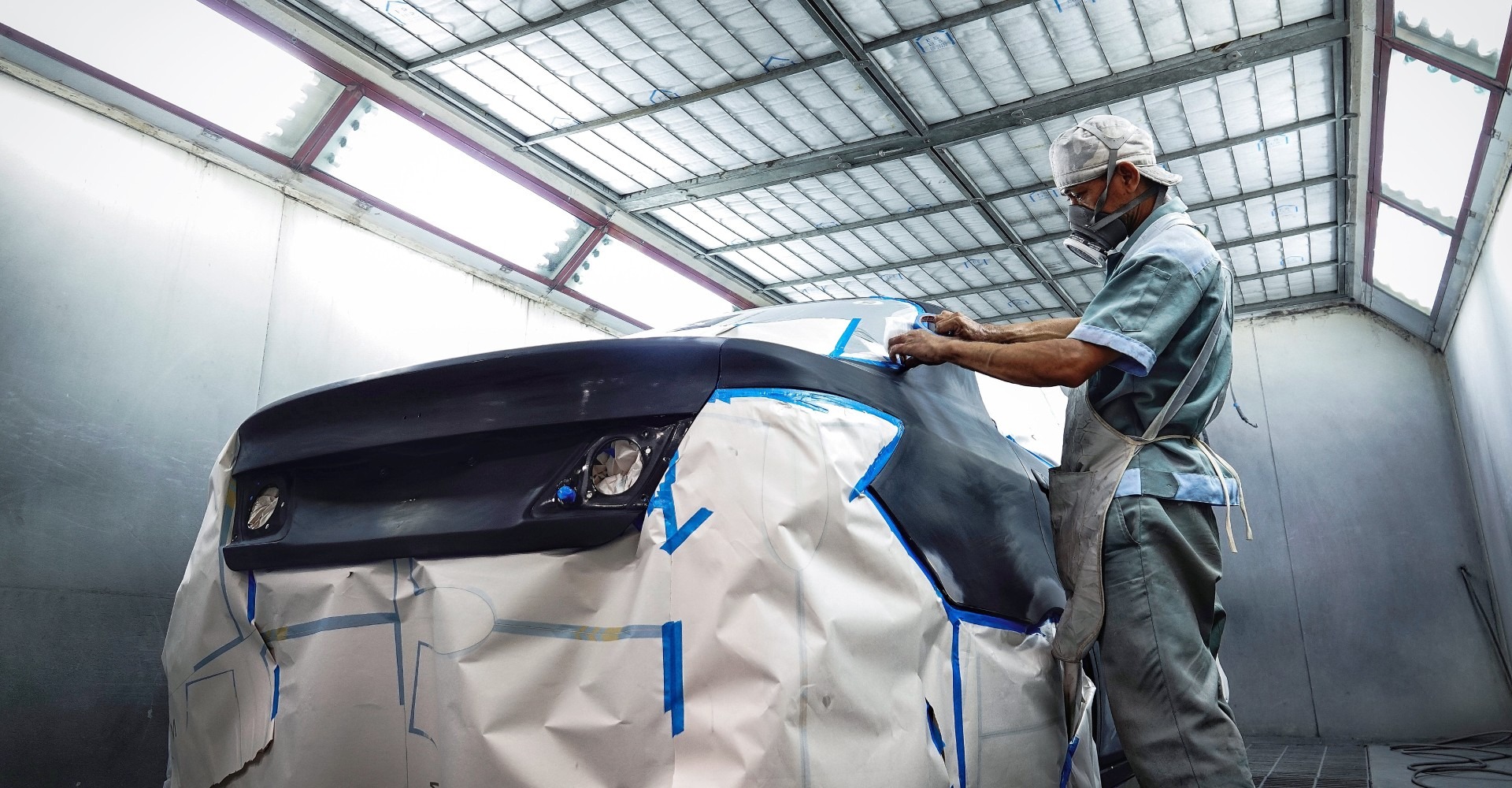All Categories
Featured

When it involves automobile upkeep, the brakes are probably the most important system for ensuring your safety and security. Your brakes have to work efficiently to avoid crashes and respond quickly in emergencies. Normal brake assessments are important to keeping your stopping system in top problem. Comprehending when and just how to inspect your brakes can save you from hazardous situations and expensive repairs in the future. Here's an overview to aid you stay on top of brake examinations.
- Why Brake Evaluations Are Critical. Brakes are made to use down gradually, yet without routine assessments, you might not see when they become much less reliable. A defective brake system can bring about major accidents, raised repair service expenses, and also the demand to change other vehicle components.
Brake assessments not only aid you catch prospective problems before they escalate, however they also permit much better stopping performance, increased lorry life expectancy, and boosted safety.
- Recognizing Indication for Brake Issues. While regular assessments are essential, you do not have to wait up until your automobile's following see to the mechanic. See for these caution indications that may suggest it's time for an examination:
Uncommon Sounds: A shrill squeal or grinding noise when applying the brakes often signifies that the brake pads are used down or damaged. Soft or Mushy Brake Pedal: If the brake pedal feels soft or spongy when pushed, there might be air or wetness in the brake lines, or the brake fluid may be low. Pulling to One Side: If the vehicle draws away while braking, it could suggest irregular brake pad wear or a hydraulic concern in the brake system. Resonance in the Guiding Wheel or Pedal: If you experience vibration or pulsation when stopping, it may suggest warped rotors or unequal brake pad wear. Boosted Quiting Range: If it takes longer than usual to bring your automobile to a quit, it might be time to examine the brake pads, fluid degrees, or blades. If you observe any of these signs, it's finest to have your brakes examined quickly by a specialist.
- Key Elements Checked During a Brake Inspection. During a brake examination, a qualified technician will certainly check out numerous key components of the brake system to ensure they're working appropriately. A few of the most fundamental parts to check include:
Brake Pads: These are the friction product that presses against the brake blades to reduce down the automobile. Gradually, the brake pads wear down and require replacing. Brake Rotors: Blades are the steel discs that the brake pads clamp down on. They must be smooth and without deep grooves or fractures. Brake Fluid: The brake fluid transfers the pressure from the pedal to the brakes. Reduced liquid degrees or old, infected fluid can bring about poor stopping efficiency. Brake Lines: Brake lines carry liquid from the master cylinder to the brake components. They must be looked for leakages, cracks, or damage. Brake Calipers: These secure the brake pads onto the blades. They should remain in great working order and without leakages. Regularly checking these elements ensures your braking system works smoothly and assists you prevent harmful driving situations.
- Exactly how Frequently Should You Obtain Your Brakes Evaluated? The regularity of brake examinations relies on your driving routines and the sort of car you possess. As a general guideline, it's suggested to check your brakes at the very least when a year or every 12,000 miles. If you drive in hefty website traffic, often lug hefty lots, or drive on uneven terrain, more constant examinations might be needed.
It's additionally a good idea to have your brakes inspected if you discover any of the warning indicators discussed earlier, as this can prevent a lot more significant problems.
- The Cost of Neglecting Brake Inspections. Ignoring routine brake examinations can lead to major repercussions. Used brake pads, damaged rotors, or reduced brake liquid can create your braking system to stop working when you require it most. Along with the safety and security risks, neglecting brake upkeep can result in costly repairs later on.
For example, if the brake pads are not changed in time, the damage can encompass the rotors, resulting in the need for rotor substitute-- a pricey fixing. By organizing regular brake inspections, you can prevent these costly fixings and keep your braking system in great condition for longer.

- What Takes place During a Brake Examination? A professional mechanic will perform an in-depth assessment of your automobile's stopping system, including looking for the adhering to:
Brake Pad Thickness: Brake pads require to be replaced when they have worn down to a certain thickness. Blades Problem: The mechanic will check the blades for indicators of wear, bending, or scoring. Brake Fluid Level: Reduced brake fluid can impact stopping performance. The auto mechanic will certainly inspect the fluid degree and replenish it if essential. Brake Line Honesty: The brake lines will be evaluated for any leaks or fractures that can jeopardize the brake system. Once the examination is total, the mechanic will certainly inform you of any type of required repairs or substitutes.
Verdict: Stay Safe with Routine Brake Inspections. Your brakes are necessary to keeping you and your travelers safe when traveling, so routine brake assessments need to never be disregarded. By taking notice of caution signs, scheduling regular brake checks, and attending to issues quickly, you can guarantee that your brakes are always in leading shape.
Don't wait up until your brakes fail-- stay aggressive regarding brake upkeep. A little investment in brake examinations today can save you from pricey repair work and unsafe circumstances in the future.
Latest Posts
Trustworthy Overhead Door Solutions for Homes and Companies
Selecting the Right Roof Covering Color: Effect on Energy Efficiency
Uncover Montclare Auto Repair’s Leading Car Care Solutions and Why Drivers Trust Them
More
Latest Posts
Trustworthy Overhead Door Solutions for Homes and Companies
Selecting the Right Roof Covering Color: Effect on Energy Efficiency
Uncover Montclare Auto Repair’s Leading Car Care Solutions and Why Drivers Trust Them
